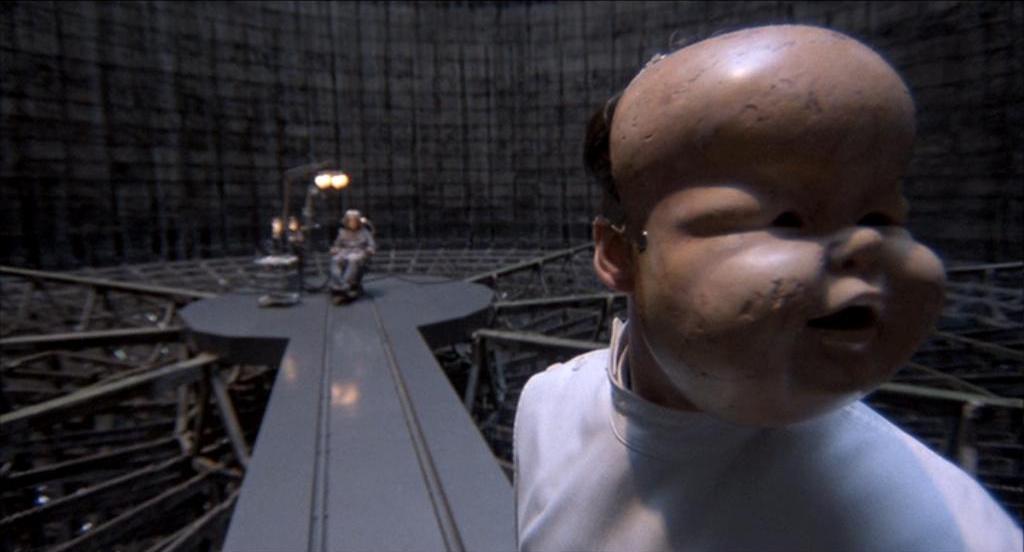MIT’s Technology Review has just published its “10 Breakthrough Technologies of 2013.” Included on the list is Prenatal DNA Sequencing, which has the potential for great good and also some ethical quandaries. An excerpt:
“Earlier this year Illumina, the maker of the world’s most widely used DNA sequencing machines, agreed to pay nearly half a billion dollars for Verinata, a startup in Redwood City, California, that has hardly any revenues. What Verinata does have is technology that can do something as ethically fraught as it is inevitable: sequence the DNA of a human fetus before birth.
Verinata is one of four U.S. companies already involved in a rapidly expanding market for prenatal DNA testing using Illumina’s sequencers. Their existing tests, all launched in the last 18 months, can detect Down syndrome from traces of fetal DNA found in a syringeful of the mother’s blood. Until now, detecting Down syndrome has meant grabbing fetal cells from the placenta or the amniotic fluid, procedures that carry a small risk of miscarriage.
The noninvasive screen is so much safer and easier that it’s become one of the most quickly adopted tests ever and an important new medical application for Illumina’s DNA sequencing instruments, which have so far been used mainly in research labs. In January, Illumina’s CEO, Jay Flatley, told investors that he expects the tests will eventually be offered to as many as two million women a year in the United States, representing half of all pregnancies—up from around 250,000 mothers, mostly older, who now undergo the invasive tests. ‘It’s unprecedented in medical testing how fast this has gone from lab research to acceptance,’ says Diana Bianchi, executive director of the Mother Infant Research Institute at Tufts University and the chief clinical advisor to Verinata. ‘It’s a huge impact for any technology in its first year.’
But this is likely to be just the start for prenatal DNA sequencing.”

